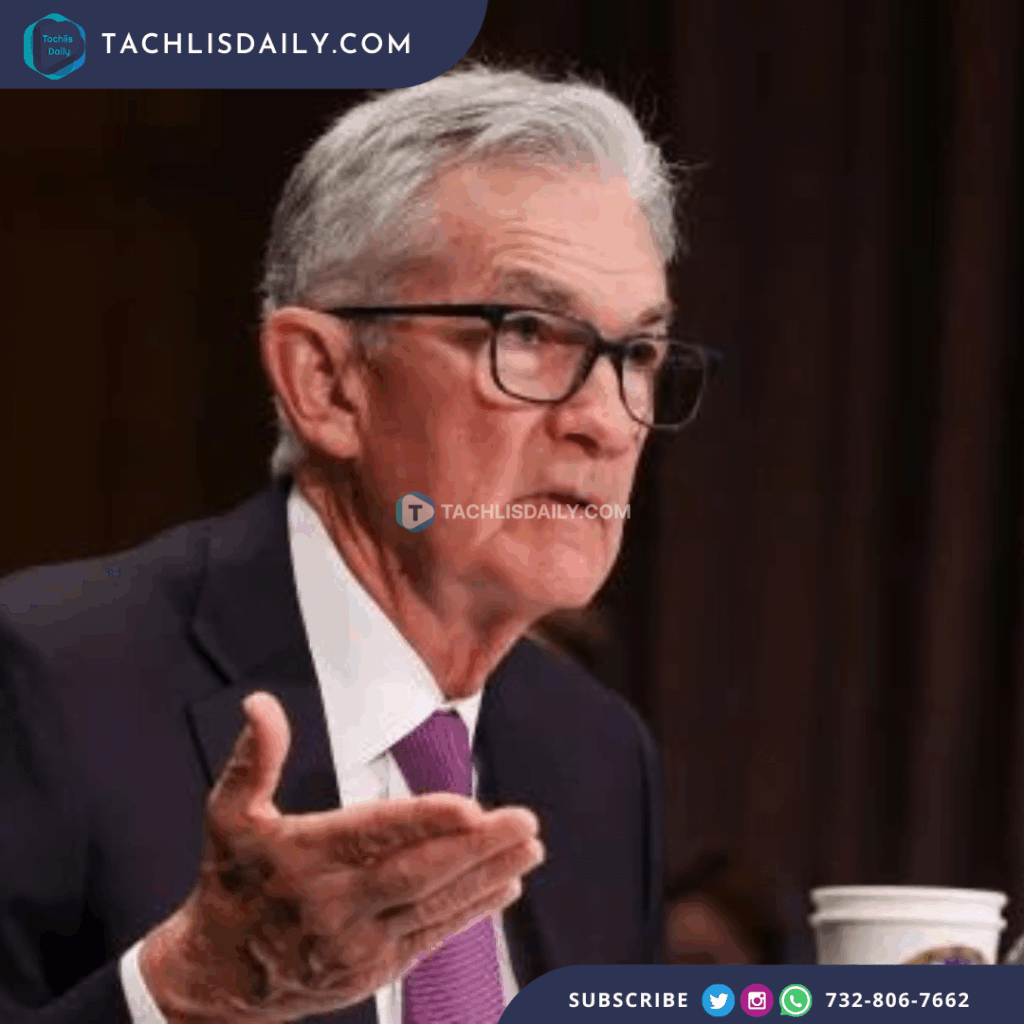Federal Reserve Chairman Jerome Powell indicated that interest rate cuts could soon be on the horizon, citing positive economic data showing inflation dropping to an annual rate of 2.5%. Speaking at the annual Jackson Hole symposium in Wyoming, Powell stated, “The time has come for policy to adjust,” suggesting that the Federal Reserve is preparing to shift its monetary policy stance as the U.S. economy shows signs of sustained growth.
Powell emphasized that the timing and extent of any rate cuts would be determined by incoming economic data, the evolving economic outlook, and the balance of risks. “The direction of travel is clear,” he noted, reinforcing the Fed’s commitment to a data-driven approach. With inflation showing signs of stabilizing closer to the Fed’s 2% target, Powell expressed increased confidence in the U.S. economy’s resilience and its ability to achieve price stability without triggering a sharp rise in unemployment.
The speech marked a significant shift in tone from previous Fed communications, where Powell and other Fed officials emphasized the need to maintain higher interest rates to combat persistent inflation. Now, with economic distortions caused by the COVID-19 pandemic beginning to fade, Powell suggested that a “dialing back of policy restraint” could be appropriate to ensure inflation remains on a sustainable path toward the 2% target while maintaining a strong labor market.
Powell highlighted the Fed’s success in moderating aggregate demand and anchoring inflation expectations as key factors contributing to the recent inflation decline. He acknowledged the pain inflation has caused, especially for those least able to afford rising costs, and reflected on the global nature of the inflationary pressures experienced since the pandemic’s onset.
The Fed Chairman also underscored the importance of maintaining a balanced approach, reiterating that the Fed’s goal is to restore price stability while avoiding a significant increase in unemployment. “Our actions have helped restore the balance between supply and demand, easing inflation pressures,” Powell said. He noted that the labor market is no longer overheated and that a recession has been avoided, attributing this to the Fed’s careful navigation of its monetary policy in a challenging economic environment.
Reflecting on the inflationary period, Powell pointed out that most Americans have not experienced prolonged periods of high inflation since the 1970s. He also acknowledged the unique challenges of this inflationary period, which were influenced by rapid demand surges, strained supply chains, tight labor markets, and sharp increases in commodity prices.
Looking ahead, Powell reiterated the Fed’s commitment to doing everything possible to support a strong labor market while making further progress toward price stability. As the Fed prepares to potentially lower interest rates, its actions will continue to be guided by economic data and the evolving outlook, ensuring that the U.S. economy remains on a path of sustainable growth and low inflation.











